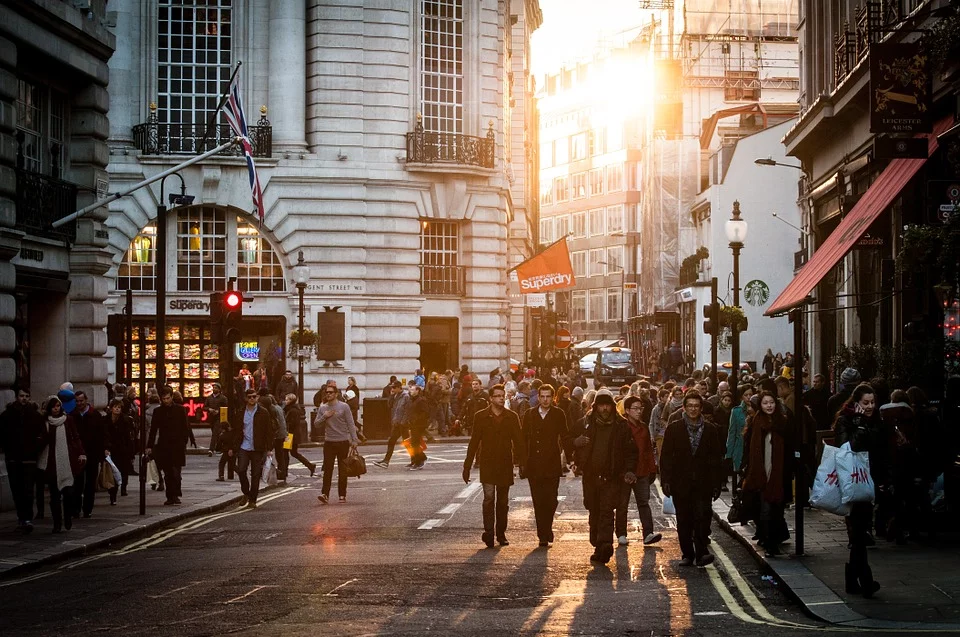ONS: UK retail sales fall by 2.5% in July
UK retail sales fell by 2.5% month-on-month in July, according to the latest figures released by the Office for National Statistics (ONS).

However, sales were up by 5.2% in the three months to July compared with the previous three months and are 5.8% higher than their pre-coronavirus pandemic February 2020 levels.
Food store sales volumes fell by 1.5% in July 2021, following an increase in the previous month when sales were positively boosted by the start of the Euro 2020 football championship.
Non-food stores reported a fall of 4.4% in sales volumes in July 2021 when compared with June 2021, driven by falls in other stores (negative 10.1%), such as second-hand goods stores and computer and telecoms equipment stores.
Automotive fuel sales volumes fell by 2.9% over the month, its first monthly fall since February 2021; with heavy rainfall in early July impacting road traffic volumes, automotive fuel sales volumes are now 6.7% below their pre-coronavirus pandemic February 2020 levels.
The proportion of retail sales online increased to 27.9% in July from 27.1% in June and remains substantially higher than the proportion of online retail spending in February 2020 (pre-coronavirus pandemic) of 19.8%.
Martin Beck, senior economic advisor to the economic forecaster EY ITEM Club, said: “Retail sales fell by 2.5% month-on-month in July, although this still left sales 5.8% above their pre-pandemic level. The EY ITEM Club attributes July’s fall to three factors.
“First, June’s Euro 2020-related rise in sales in food stores unwound. Second, there is likely to have been some impact from the fact that the number of people told to self-isolate by the COVID-19 app in July was nearly three times the June total, constraining retail footfall. And third, with restrictions continuing to be relaxed, consumers will have spent more on social consumption at the expense of the retail sector.
“Looking ahead, the normalisation of spending patterns is likely to remain a key theme. Increased opportunities for social consumption, and a high degree of pent-up demand for these services, points to consumers switching back to spending a higher proportion of their money in these areas, at the expense of the retail sector. But there is likely to be some mitigation from the fact that the broader environment for consumer spending is very positive, with restrictions on mobility having been lifted, household incomes more resilient, and some consumers sitting on large levels of ‘excess’ savings accumulated over the pandemic.”
He concluded: “So, while the extent to which the retail sector outperforms the wider economy should narrow in H2 2021, the EY ITEM Club expects this to mean that retail sales stabilise, rather than continue to fall significantly.”







